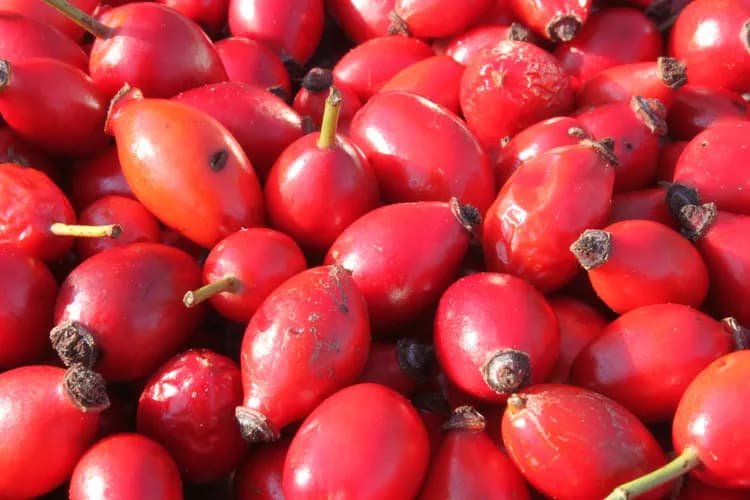Antioxidants are chemicals that block the formation of free radicals. Free radicals are formed when an atom or molecule gains or loses an electron (odd unpaired electron). These free radicals are inherently unstable and highly reactive. At higher concentrations, free radicals can be dangerous, ticking-off a chain reaction (formation of more free radicals), which has the potential to damage the cellular components in our body and thus affect its functions or even cause the death of cells. Damage to DNA (a cellular component) may play a role in the development of cancer and other diseases such as cardiovascular diseases, atherosclerosis (narrowing of blood vessel due to deposition of cholesterol), diabetes mellitus, Parkinson’s disease, rheumatoid arthritis, and also aging.
Free radicals are formed naturally (ROS or reactive oxygen species) in our body and have a role in normal cellular process. Free radicals are also formed during decreased blood supply to a part of our body, inflammation or infection (protective mechanism). Apart from naturally forming free radicals, they can also be formed when exposed to ionizing radiations. Environmental toxins, such as cigarette smoke, chemicals, and some metals, may contain free radicals or stimulate the cells of our body to produce high levels of free radicals.
Role of antioxidants:
The cells of our body counteract the effects of free radicals through enzymes and non-enzymatic mechanisms before vital components are irreversibly injured. Antioxidants are also called the free radical scavengers. Antioxidants are produced within our body (endogenous). But, the body also relies heavily on antioxidants obtained through the diet (exogenous).
High antioxidant foods include fruits, vegetables, and whole grains. There are other sources too for those who do not eat enough fruits and vegetables such as vitamins A, C, E (alpha tocopherol), lycopene, beta carotene, selenium-containing proteins, etc.
Do antioxidants prevent cancer or other diseases?
Animal studies have shown that antioxidants prevent the damage caused by free radicals, thus preventing the development of cancer. However, studies in humans have shown mixed results such as no protective evidence or harmful effect observed. According to the National Cancer Institute (NIH) Fact Sheet, nine randomized clinical trials did not show any conclusive proof that antioxidants supplements were preventative in the development of cancer or other diseases.
Physiologic doses of antioxidants are required to maintain balance between antioxidants and free radicals. According to a study conducted by the Centre de Recherche Public, Luxemburg, higher doses of antioxidants may disrupt this balance. They also suggest based on clinical trials that the health benefits were predominantly observed when antioxidants were consumed through fruits, vegetables, grains etc., rather than as pure high-dose chemical forms (such as supplements, tablets). The reason they suggest it is the low and safe concentration of nutrients and non-nutrients, and also because of combined or synergistic benefits of complex mixture of nutrients, which are present within the fruits, vegetables, and whole grains.
Can antioxidants be harmful?
Some antioxidants in high doses may be harmful. In fact, a study observed that large doses of beta carotene (an antioxidant) in smokers were associated with increased incidences of lung cancer. Thus, as of now, it is safe to say that antioxidants in the form of dietary sources, like fruits, vegetables, and whole grains (and not through supplements), have a protective effect on the human body from day-to-day damage that can occur from free radicals.
References:
Bouayed J, Bohn T. Exogenous antioxidants—double-edged swords in cellular redoc state: health beneficial effects at physiologic doses versus deleterious effects at high doses. Oxidative Medicine and Cellular Longevity 2010; 3(4): 228-237
Diplock AT, Charleux JL, Crozier-Willi G, et al. Functional food science and defence against reactive oxygen species. British Journal of Nutrition 1998; 80(Suppl 1):S77-S112.
National Cancer Institute. Antioxidants and Cancer Prevention [Internet]. 2014 [cited 1 November 2014]. Available from: http://www.cancer.gov/cancertopics/factsheet/prevention/antioxidants
Helpful Peer-Reviewed Medical Articles:
Valko, M., Leibfritz, D., Moncol, J., Cronin, M. T., Mazur, M., & Telser, J. (2007). Free radicals and antioxidants in normal physiological functions and human disease. The international journal of biochemistry & cell biology,39(1), 44-84.
Valko, M., Rhodes, C. J., Moncol, J., Izakovic, M. M., & Mazur, M. (2006). Free radicals, metals and antioxidants in oxidative stress-induced cancer.Chemico-biological interactions, 160(1), 1-40.
Blokhina, O., Virolainen, E., & Fagerstedt, K. V. (2003). Antioxidants, oxidative damage and oxygen deprivation stress: a review. Annals of botany,91(2), 179-194.
Fang, Y. Z., Yang, S., & Wu, G. (2002). Free radicals, antioxidants, and nutrition. Nutrition, 18(10), 872-879.
Heim, K. E., Tagliaferro, A. R., & Bobilya, D. J. (2002). Flavonoid antioxidants: chemistry, metabolism and structure-activity relationships. The Journal of nutritional biochemistry, 13(10), 572-584.
Maritim, A. C., Sanders, A., & Watkins, 3. J. (2003). Diabetes, oxidative stress, and antioxidants: a review. Journal of biochemical and molecular toxicology, 17(1), 24-38.
Nordberg, J., & Arner, E. S. (2001). Reactive oxygen species, antioxidants, and the mammalian thioredoxin system. Free radical biology and medicine,31(11), 1287-1312.
Related Articles
Test Your Knowledge
Asked by users
Related Centers
Related Specialties
Related Physicians
Related Procedures
Related Resources
Join DoveHubs
and connect with fellow professionals


0 Comments
Please log in to post a comment.